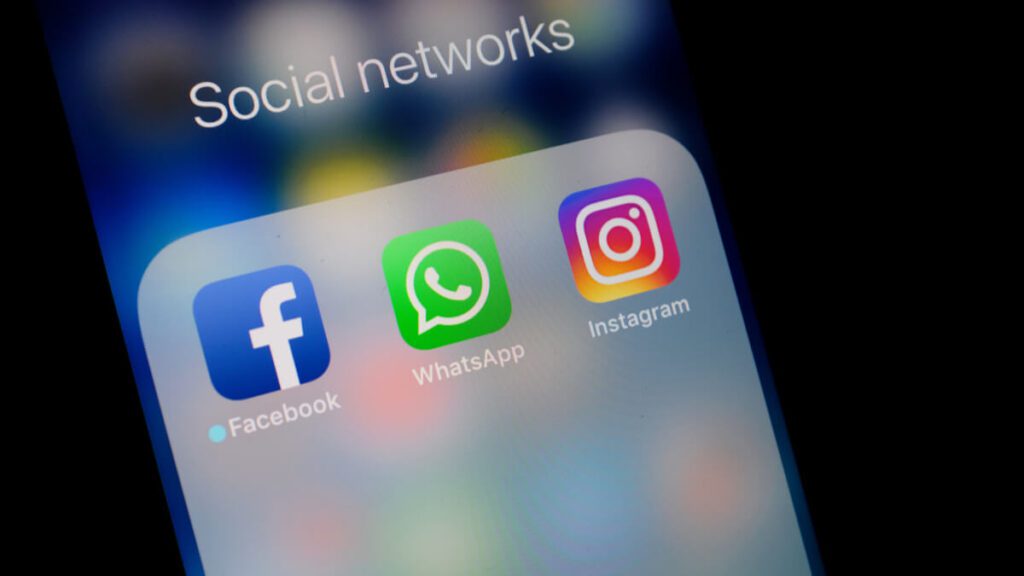FTC calls to break up Facebook, reviving antitrust lawsuit

The U.S. Federal Trade Commission (FTC) refiled its antitrust lawsuit against Facebook on Thursday, demanding that the judge forces the tech giant to sell Instagram and WhatsApp.
The new case comes after Judge James Boasberg of the U.S. District Court for the District of Columbia notified the FTC in June that the original lawsuit filed in December against Facebook, failed to showcase concrete proof that the social media company has tremendous monopoly power over its competitors.
At 80 pages long, the new lawsuit is a lot more detailed in comparison to the original one, and it includes additional information that support the FTC’s claims. One of the added segments of the lawsuit argues that Facebook has influential hold on the American social media market, ranking more than 65 percent of monthly active users since 2012.
The agency also emphasized its demand in forcing Facebook to sell Instagram and WhatsApp, citing that the tech giant illegally bought and crushed competitors.
“Despite causing significant customer dissatisfaction, Facebook has enjoyed enormous profits for an extended period of time suggesting both that it has monopoly power and that its personal social networking rivals are not able to overcome entry barriers and challenge its dominance,” the refiled lawsuit noted.
The deadline set for Facebook to fight back with a legal response is October 4th. However, the social media decided to directly voice their outcry. In a post on Twitter, Facebook’s official newsroom account argued that the FTC’s latest lawsuit has no bases.
“There was no valid claim that Facebook was a monopolist, and that has not changed,” Facebook wrote.
Back in December 2019, the FTC filed the infamous lawsuit against the big tech company, accusing it of manipulating its way into acquiring competing networks.
After the case was dismissed, the court provided the FTC with a chance to refile the case with a deadline of August 19.
The amended case comes during a time when users are growing increasingly concerned that with Big Tech companies, shedding light on their large and speedy growth which constructed unregulated monopolies.
